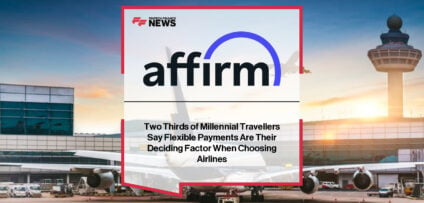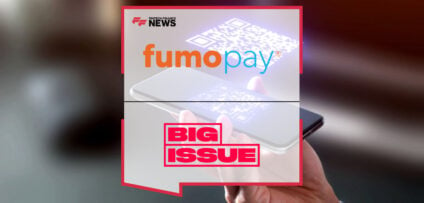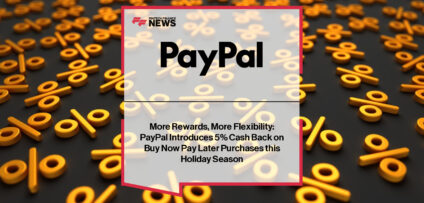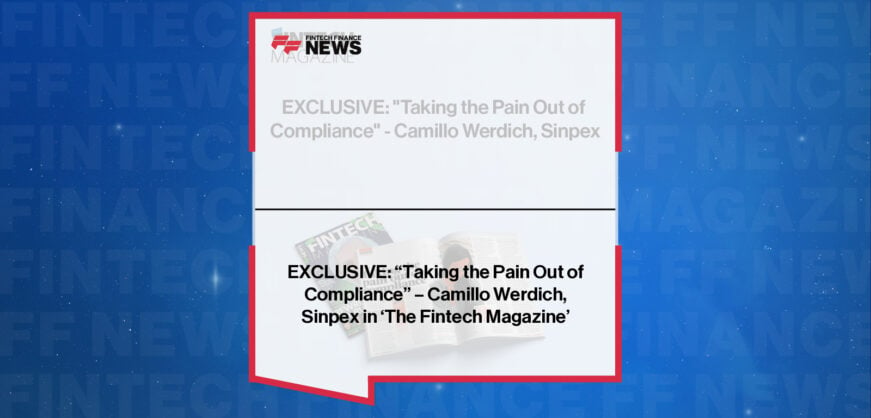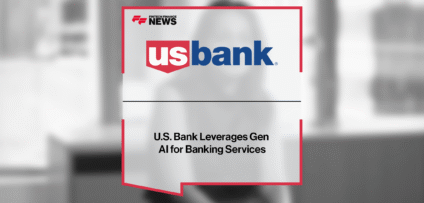The new change to the law in Sweden relates to anyone buying goods or services online. As e-commerce has continued to grow across the Nordics, many online shoppers in Sweden have become used to paying for their purchases with credit by selecting invoices, instalments, or any other payment options that allow the consumer to enter into a debt when completing their online payment.
In an effort to reduce the amount of online Swedish shoppers currently paying with credit, merchants offering a list of payment options must now present the payment methods that do not put the consumer into debt, such as Swish, first on the list. Merchants will still be able to offer all of the payment methods such as invoices and instalments and if paying by credit is their only method of choice, they are still able to present this first. If any other non-credit options are available, they must come first and merchants are no longer able to pre-select paying with invoice or installments in their online checkouts.
William Torsler, Senior Business Developer at Nordea, says: “This new initiative in Sweden is related to how you are able to display different payment methods. It has become commonplace for PSPs (Payment Service Providers) to present invoice and instalments as pre-selected payment methods in their payment solutions. The Swedish government has seen that shoppers are entering into more debt now when paying online. The result is that both the PSPs and online merchants are no longer permitted to have any payment methods that may place the consumer into debt pre-selected or presented first in the fields in the payment solution. Furthermore I have a strong belief that this will drive the user penetration even further for Swish if the merchants have or will implement it as a payment option.”
First in the offering
Many online merchants in Sweden now offer checkouts that include a range of payment options, such as cards, Swish, invoices and instalments. It is hoped that by making a small adjustment to the order in which these payment options are offered, the result will be a big change to the amount of debt being taken on by Swedish consumers.
William adds: “A lot of research conducted in this area shows that in many instances a consumer just proceeds with whatever payment method is pre-selected for them. Many of the consumers are then falling into debt by default without thinking too much about it. This regulation is designed to restrict the chances of that happening. Paying with invoices or instalments will continue to be offered to consumers though so that they can actively choose a way to pay if they don’t have the cash up front.”






